Email marketing has proven to be one of the most effective digital marketing strategies for businesses across various industries. By leveraging the power of personalized and targeted communication through email autoresponders, email marketing enables companies to engage with their audience and drive meaningful actions. In this article, we will explore various email marketing examples that showcase the potential and effectiveness of this marketing channel.
Why You Should Care About Email In The First Place
Before diving into specific examples, let’s briefly touch upon the benefits of email marketing.
Email marketing offers several advantages for businesses, including:
- Direct Communication: Emails allow companies to communicate directly with their target audience, delivering personalized messages and building a direct connection.
- Cost-Effective: Email marketing is cost-effective compared to traditional marketing channels, making it an ideal choice for businesses with limited budgets.
- High ROI: Email marketing consistently delivers a high return on investment (ROI) due to its ability to target specific audience segments and generate measurable results.
- Customer Engagement: Emails can engage customers by providing relevant content, offers, and updates, fostering loyalty and brand advocacy.
Remember that choosing a good professional email provider for your business is fundamental to adding credibility and trust. It is something essential and worth mentioning.
Now, let’s explore some email marketing examples across different industries.
Examples for E-commerce
- Personalized Product Recommendations: E-commerce businesses can send customized emails to customers based on their browsing and purchase history, recommending products that align with their preferences and interests.
- Abandoned Cart Recovery: When customers leave their shopping cart, e-commerce businesses can send a reminder email with a clear call-to-action, enticing them to complete their purchase.
- Exclusive Offers and Discounts: Sending exclusive offers and discounts to subscribers can incentivize them to purchase, increasing customer conversion rates.

Examples for B2B Companies
- Lead Nurturing Campaigns: B2B companies can implement lead nurturing email campaigns to build relationships with potential customers. These emails provide valuable content and resources, guiding leads through the sales funnel platform.
- Webinar Invitations: B2B companies often host webinars to educate their audience. Email marketing can be used to send invitations to targeted segments, driving registrations and boosting attendance.
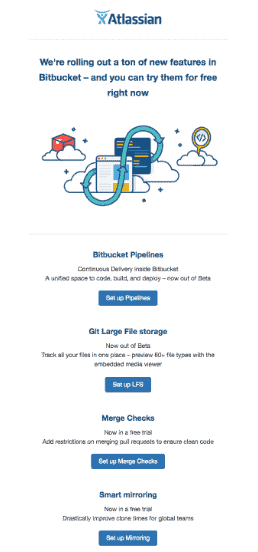
Email Marketing Examples for Nonprofit Organizations
- Fundraising Campaigns: Nonprofit organizations can leverage email marketing to run fundraising campaigns, sharing impactful stories and motivating supporters to contribute to their cause.
- Volunteer Recruitment: Emails can be used to recruit volunteers for nonprofit organizations, providing information about upcoming events and volunteer opportunities.

Email Marketing Examples for Service-Based Businesses
- Appointment Reminders: Service-based businesses, such as salons or healthcare providers, can send appointment reminders via email to reduce no-show rates and improve customer experience.
- Customer Feedback Requests: Sending follow-up emails to customers after their service experience can help service-based businesses gather feedback and improve their offerings.
These are just a few examples of how email marketing can be utilized across different industries. The key is to tailor the email content and design to the specific audience and goals of the business.
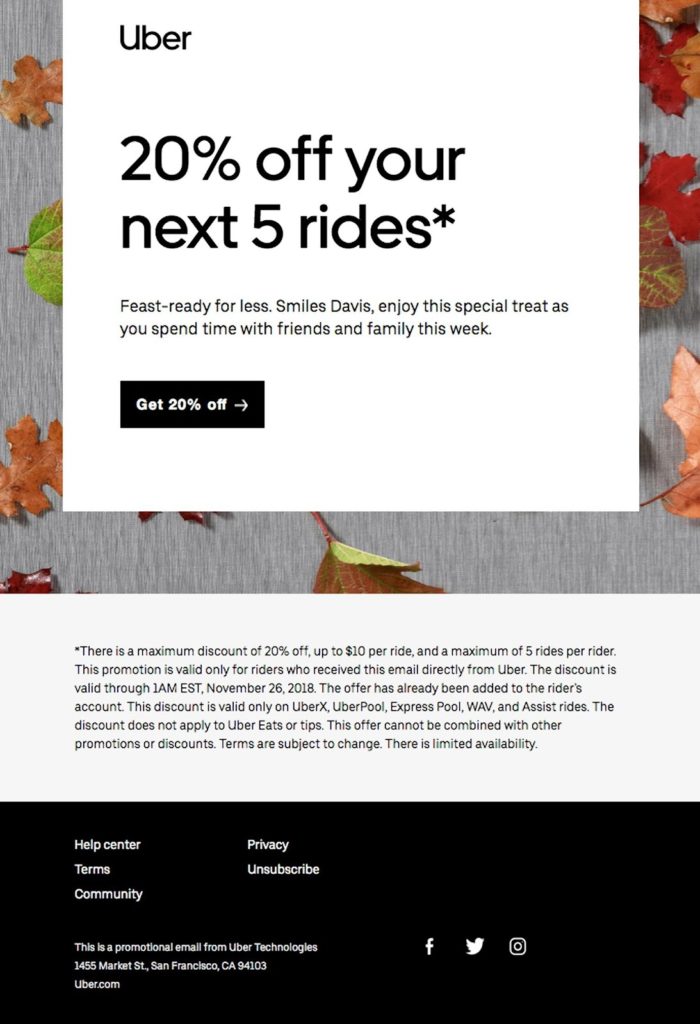
Personalized Email Examples
- Birthday Emails: Sending personalized birthday emails with special offers or discounts can make customers feel valued and increase their loyalty towards the brand.
- Segmented Content Emails: Businesses can segment their email list based on customer preferences or demographics and send targeted content that resonates with each segment.
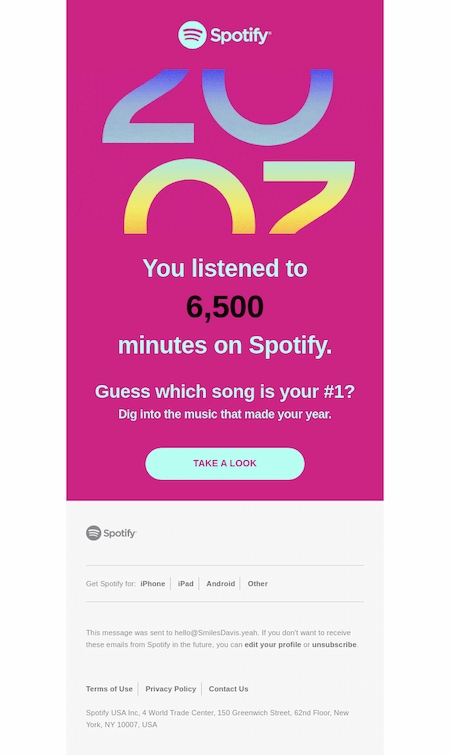
Promotional Email Examples
- Limited-Time Offers: Promotional emails featuring limited-time offers create a sense of urgency, encouraging recipients to take immediate action.
- Flash Sales: Flash sales sent via email can generate excitement and drive traffic to online stores, leading to increased sales within a short period.
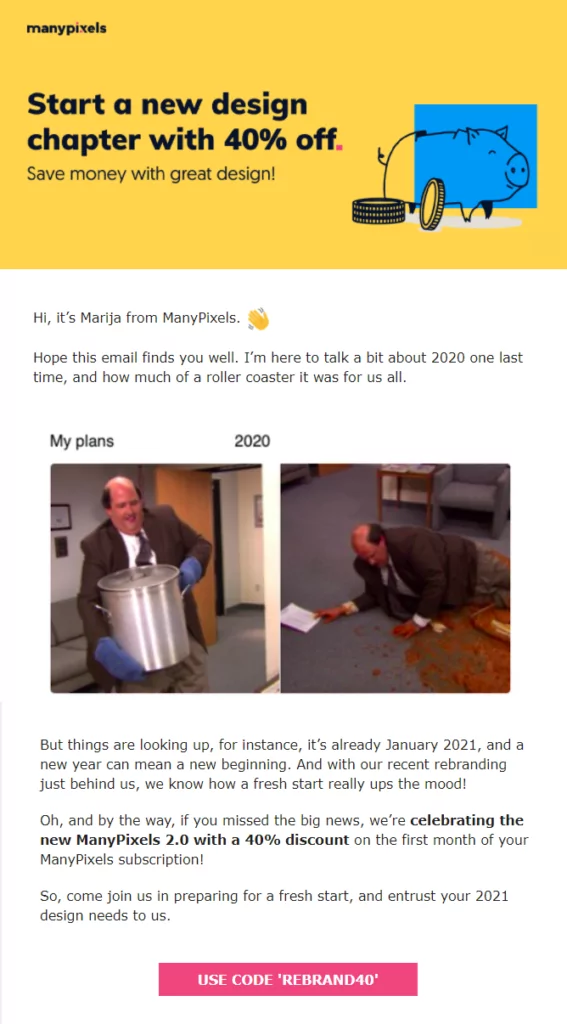
Newsletter Email Examples
- Industry Updates: Newsletters can be used to share industry insights, trends, and news, positioning the business as a thought leader and keeping subscribers informed.
- Curated Content: Businesses can curate relevant and valuable content from various sources and share it with their subscribers through newsletters.
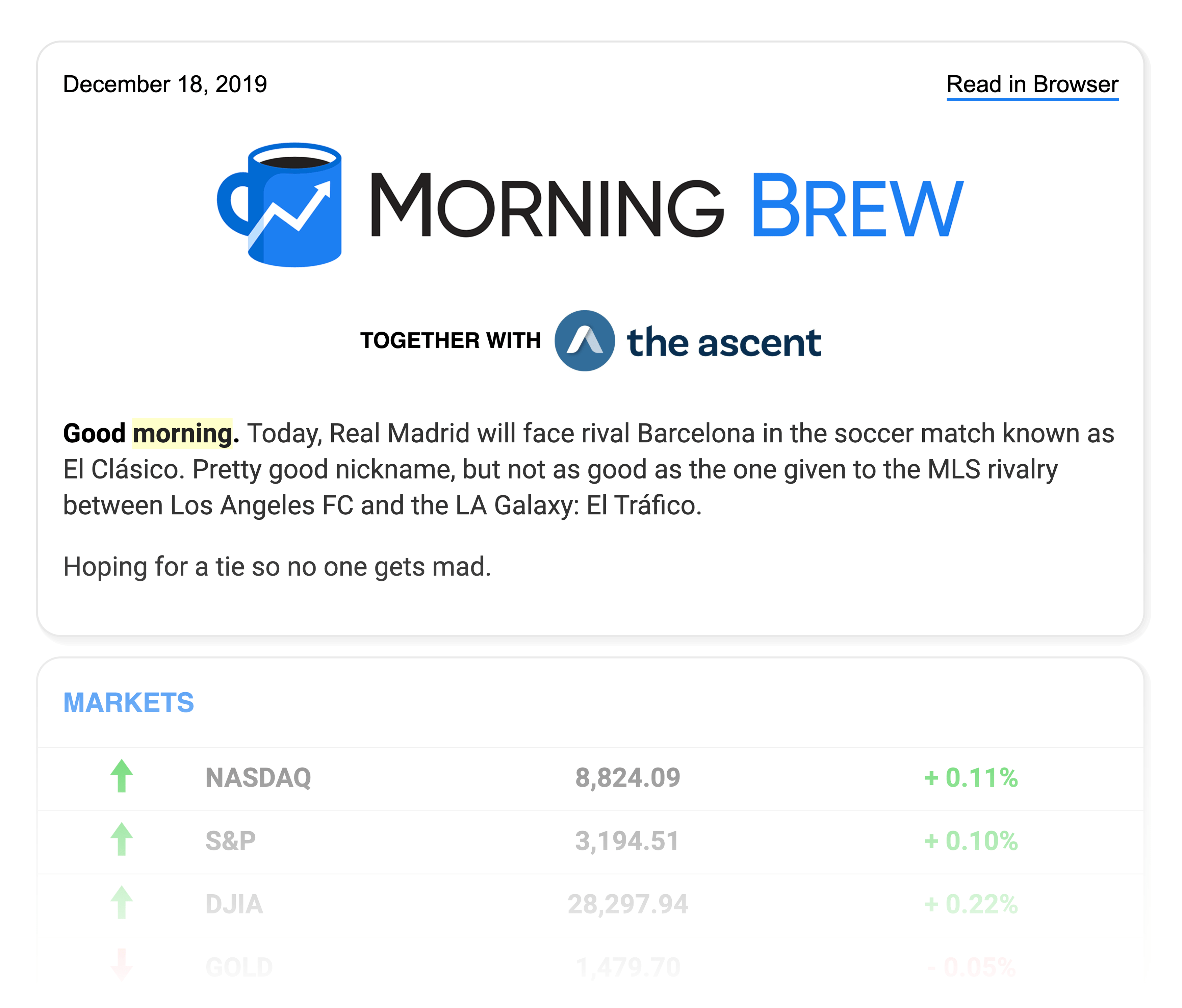
Event Invitation Email Examples
- Event Announcements: Sending event invitations via email can generate interest and registrations, providing all the necessary details about the event.
- Event Reminders: Reminder emails before the event prompt attendees, ensuring they don’t miss out on important dates.
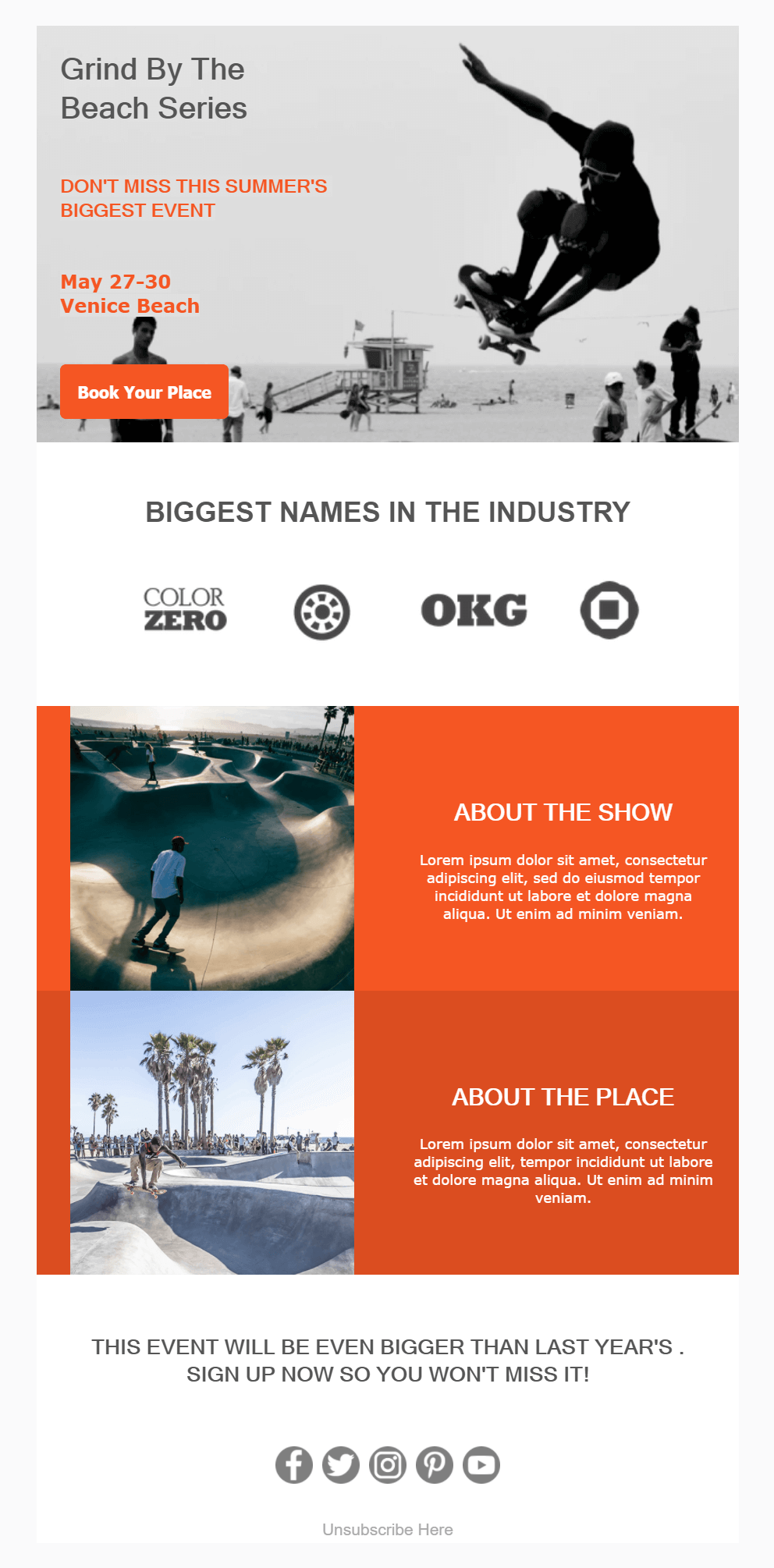
Abandoned Cart Email Examples
- Discount Incentives: Offering discounts or free shipping in abandoned cart emails can entice customers to complete their purchases.
- Product Recommendations: Recommending related products in abandoned cart emails can encourage customers to explore options and make additional purchases.
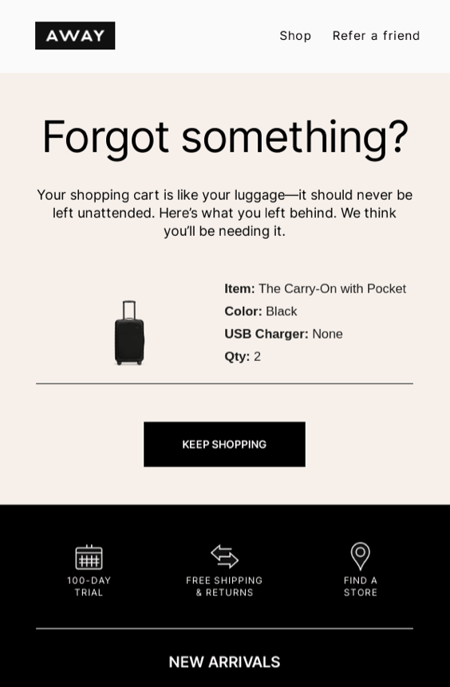
Thank You Email Marketing Examples
- Post-Purchase Thank You: Sending thank you emails after a purchase expresses gratitude to customers and can include personalized product recommendations or exclusive offers for future purchases.
- Subscriber Welcome Emails: Welcoming new subscribers with a thank you email and briefly introducing the business helps establish a positive relationship.
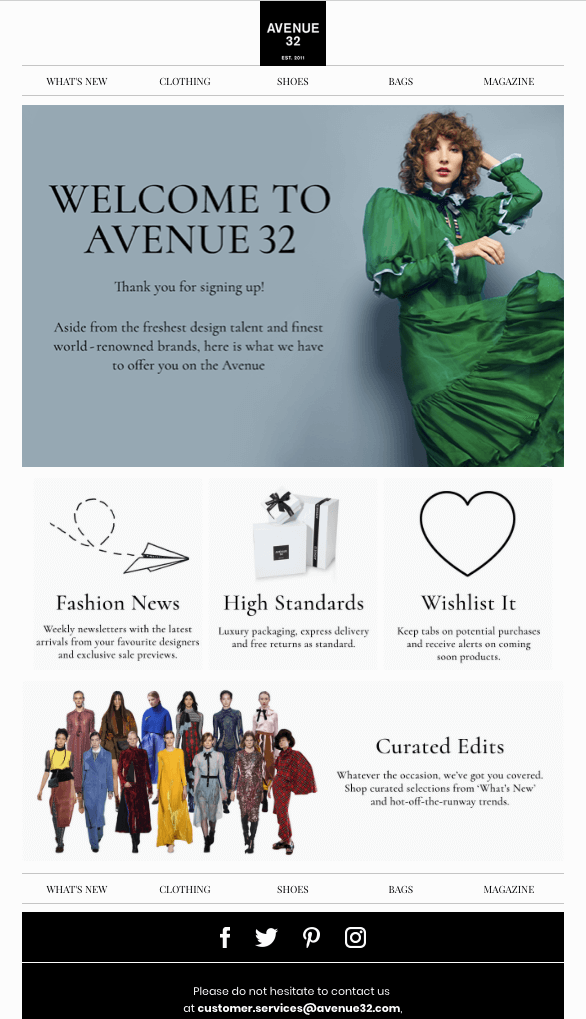
Email Marketing Examples for Lead Nurturing
- Drip Campaigns: Drip campaigns involve sending automated emails to nurture leads over time, gradually providing them with valuable content and moving them closer to a conversion.
- Case Studies and Testimonials: Sharing case studies and testimonials through email can showcase the success stories of previous customers, building trust and credibility.
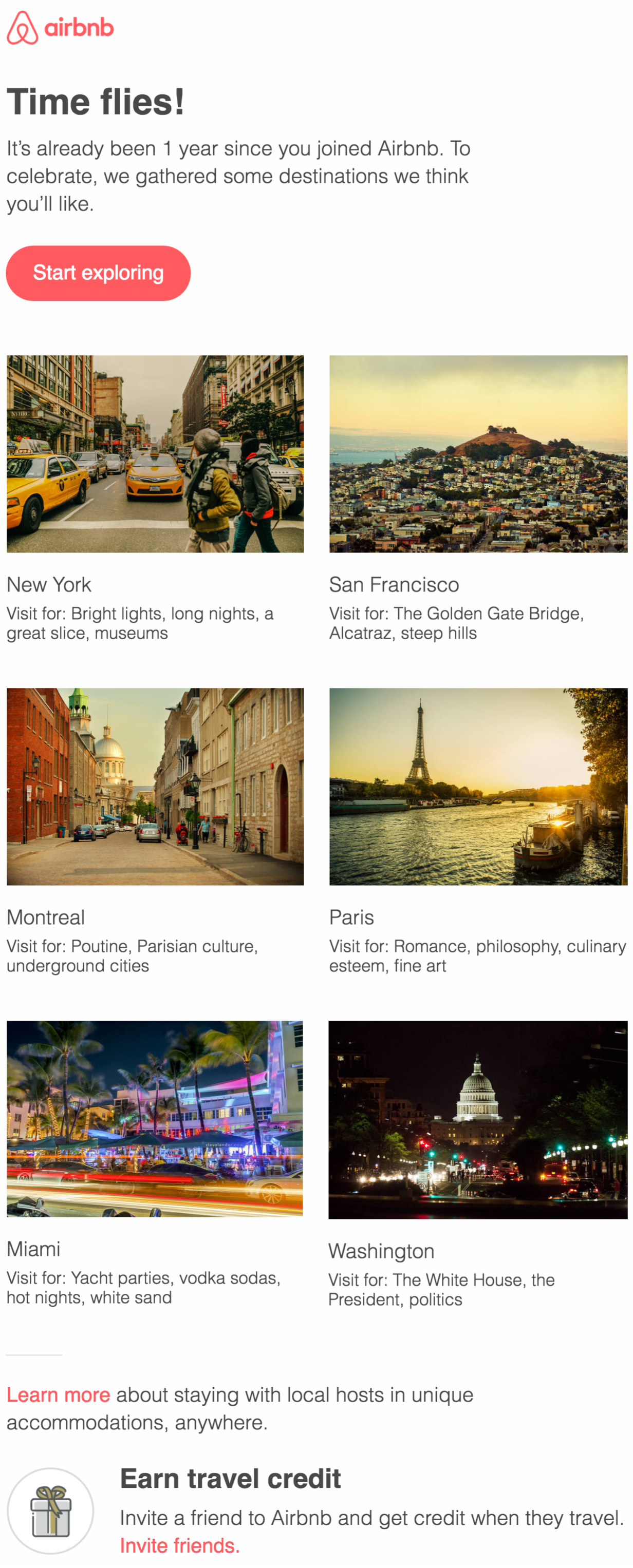
Interactive Email Examples
- Polls and Surveys: Interactive emails that include polls or surveys encourage recipients to engage with the content and provide valuable feedback.
- Interactive Product Showcases: Interactive elements like image carousels or product customization options within emails can create an engaging and immersive experience for recipients.
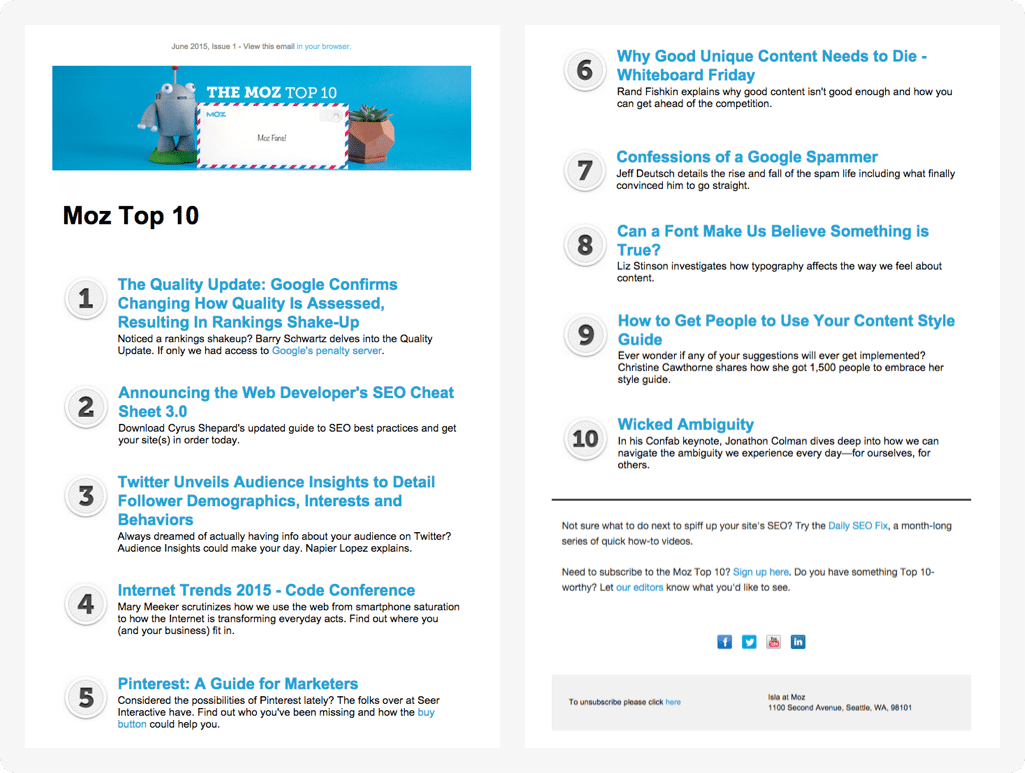
Conclusion
Email marketing offers a versatile and powerful tool for businesses to connect with their audience, drive engagement, and achieve their marketing goals. By exploring various email marketing examples across different industries, we can see the possibilities and strategies that can be implemented. Whether it’s personalized recommendations, promotional offers, or lead nurturing campaigns, businesses can leverage email marketing to deliver compelling messages and foster meaningful interactions with their audience.


